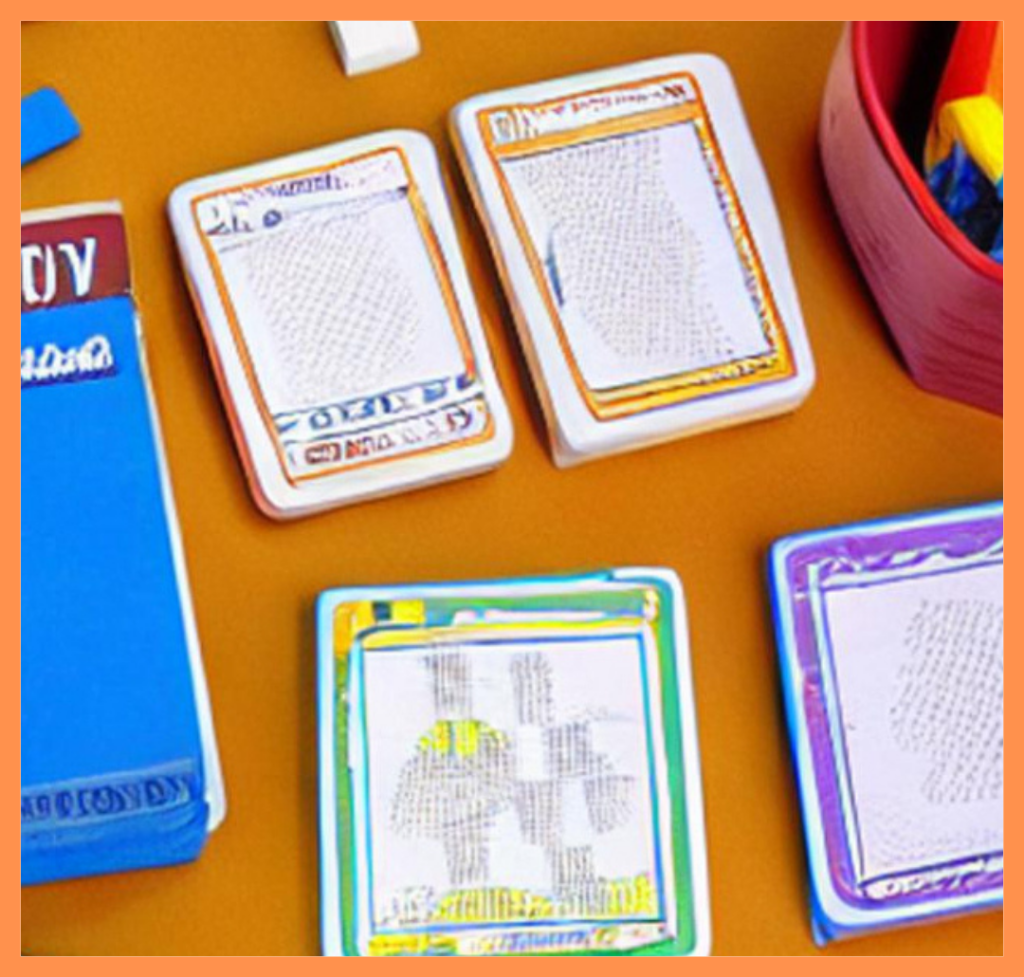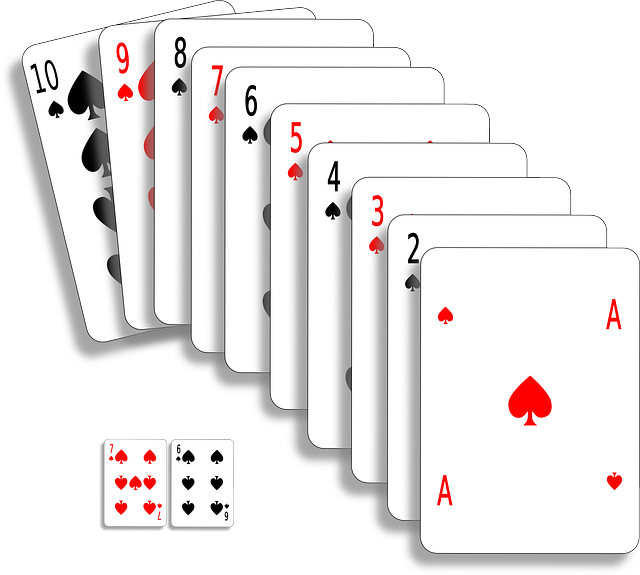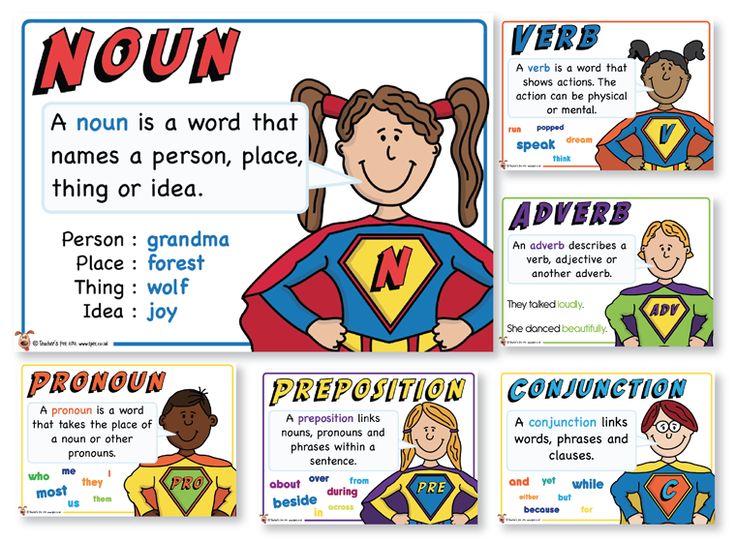Last Updated on June 4, 2025 by TrayKay
Previously on, “Road to Revolution…”
Recaps.
While they serve a useful purpose, there are times when I can’t help but think, “Yeah, yeah, seen this already. Just get ON with it.”
I have to admit, I’ve felt the same way when reviewing things we were learning in our homeschool. Going over the previous history readings or science concepts didn’t excite me. I just wanted to dive right into the new material.
Regular reviews, however, are important because they actually work. Revisiting previously covered topics helps keep things fresh in kids’ minds, enabling them to retain knowledge, build upon it, and progress to more advanced concepts.
If you’re starting out homeschooling at the elementary level with an all-in-one boxed curriculum, chances are the reviews are already built in. The lesson materials guide you in introducing and repeating concepts progressively, leading eventually to mastery. Some curricula also provide ideas and materials to make reviews feel less like drudgery and more like fun and games.
(As a new homeschooler, I found this type of structured curriculum extremely helpful because it taught me how and what to teach my children, particularly with regards to the fundamentals of reading, writing, and arithmetic. Once I gained confidence and experience, I was able to branch out and adopt a more flexible, eclectic approach to homeschooling, knowing my kids had a strong foundation in essential skills).
If your curriculum doesn’t include reviews or if you’re creating your own curriculum using different resources, incorporating review time is a good idea. You can set aside time daily, weekly, or after completing a specific unit or topic. Keep track of what you’re teaching, so you can create your own review schedule and have the necessary information ready to reinforce what your children are learning.
Reviews aren’t meant to be long, drawn-out processes. Sometimes, it’s as simple as asking a few questions to quickly go over what you covered in the last lesson. What are the phases of matter? Summarize what you read in your history lesson. Reviews can be done while you’re inside folding laundry or tossing a ball back and forth in the living room, or outside walking, or however else you incorporate it into your day.
We also played simple games to review, and you can easily create your own. One idea is to make personalized flashcards or task cards based on what your kids are learning. Use them to set up a board game path on the ground that the kids have to complete by answering questions. Hide the cards for a fun scavenger hunt. Use them to create your own Jeopardy game. You can also use them for sorting or classifying activities. For example, write your spelling words on index cards and have your kids sort them by syllable, part of speech, number of vowels, or prefixes and suffixes. Task cards are great for sequencing or timeline activities too. You can also incorporate them into board games you already have — correctly answering a question allows you to move your game piece along the board.
Using ChatGPT for Ideas

Talk about personalized lesson planning. Have you tried asking ChatGPT to create a lesson plan or review activity or assessment or writing prompts for whatever your kids are studying?
Here are some prompt suggestions for you to experiment with.
What are your favorite review games and activities? If you like, leave a comment to share some ideas.
For some additional inspiration, take a look at these free sets of review cards for various subjects:
Math
Math Choice Boards: Lots of review activities for grades K – 5.
Reading
Non-Fiction Reading Comprehension Task Cards
History
Name That Right: Cards for reviewing the Bill of Rights.
You could also make history cards with compare and contrast prompts. Identify three similarities and three differences between ancient Mesopotamia and ancient Egypt. Or make a cause and effect matching game with events related to the American Revolution. For example, a cause card that says “Stamp Act,”; an effect card that says, “Colonists protested the tax on paper goods.”
Science
Scientific Method Question Cards
Properties of Matter Task Cards
Lastly, here’s a post about using classic board games to review any subject.





